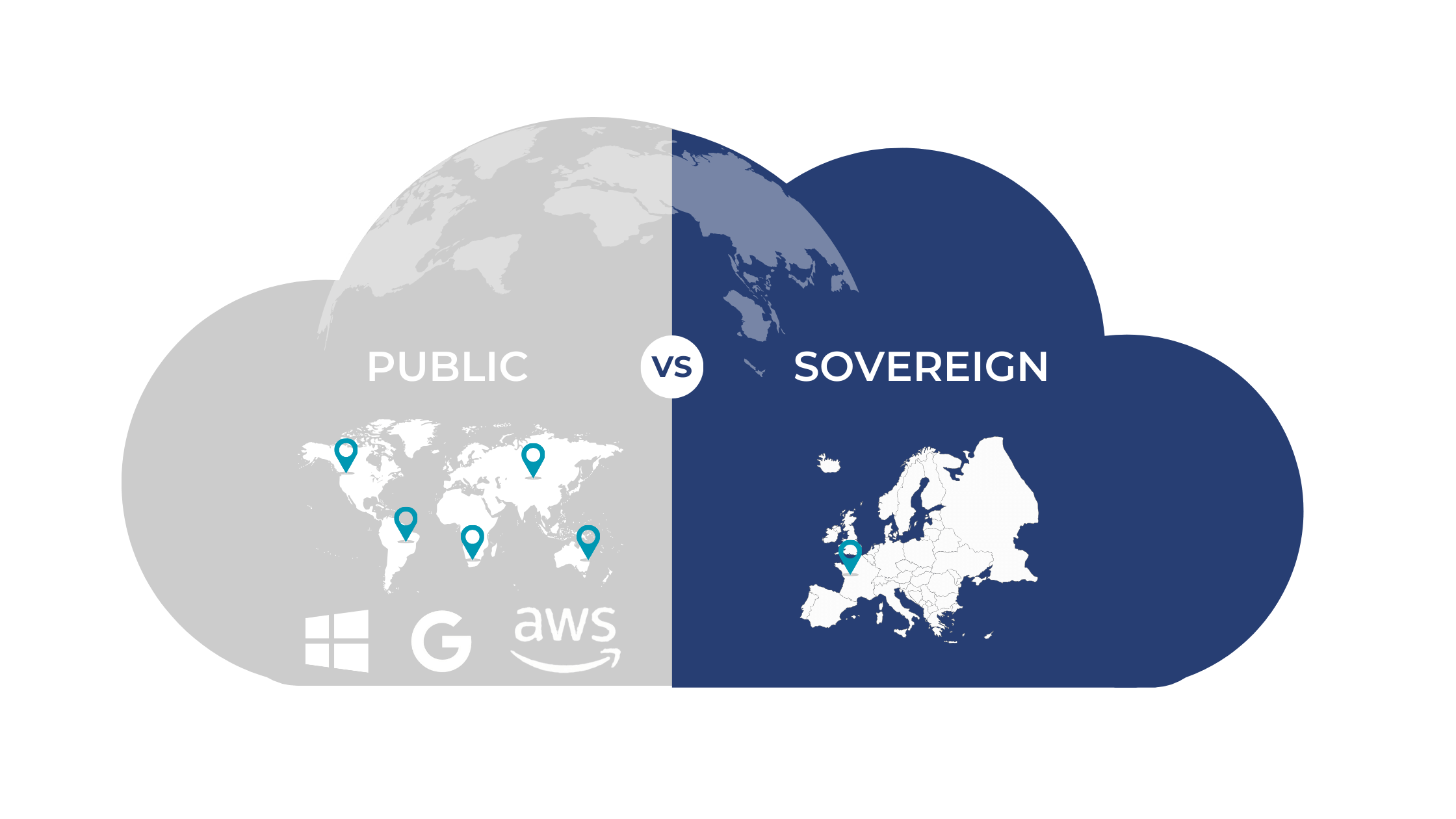
In a period in which data ownership has turned into a critical concern for regulatory bodies and enterprises similarly, the notion of the sovereign computing is achieving significant attention. As businesses and entities along with corporations increasingly depend on the cloud for their functions, the need for protected and regulatory-compliant data storage solutions has never been more evident. The concept of the sovereign cloud provides a promising option, confirming that information is stored and managed in accordance with the legal frameworks of the specific state it belongs to. This method 不仅 helps safeguard sensitive data and also lessens the challenges related to international data movement.
The growth of the sovereign cloud framework shows wider patterns in the digital realm, illustrating the importance of data privacy and data localization. As digital threats change and regulatory landscapes shift, firms are seeking options that deliver improved data security and adherence to regulations. Using the sovereign cloud technology, companies can take advantage of cutting-edge solutions and still remaining aligned with country regulations and compliance standards. This combination of safety, confidentiality, and local compliance positions the sovereign cloud as an more compelling solution for future-proofing information in a swiftly transforming technology landscape.
Understanding Sovereign Cloud Computing
National cloud computing describes cloud computing services that are designed and operated in compliance with specific data protection laws and regulations pertaining to certain country or region. The primary goal of a sovereign cloud system is aimed at ensure that data sovereignty is maintained, meaning that data stored in this cloud is governed by the laws and regulations of the jurisdiction where it resides. This approach addresses growing concerns about data privacy, security, and local compliance as organizations traverse an ever-evolving digital landscape.
Organizations are progressively embracing sovereign cloud solutions to safeguard sensitive information against external threats and regulatory challenges. Through the use of a national cloud, businesses can guarantee that their data is protected from external interference and is handled according to the legal requirements established by local governments. This localized control over data storage and processing not only enhances security and also builds trust with customers and stakeholders who are concerned about privacy issues.
Furthermore, the rise of the national cloud stems from geopolitical factors and the desire for digital autonomy. As countries realize the significance of their data resources, they are prioritizing the establishment of systems that supports data localization. By investing in domestic cloud ecosystems, nations aim to bolster their economies and technological capabilities, ensuring that they can leverage their data assets without relying on external providers with potential competing interests.
Key Benefits of Sovereign Cloud
A major benefit of sovereign cloud services is improved data sovereignty. Such solutions ensure that protected data is stored and managed within the territories of a particular country, complying with local regulations and laws. This localization reduces threats related to data breaches and unauthorized access, providing organizations greater authority over their assets. As nation-states increasingly impose rigorous data protection laws, the sovereign cloud allows businesses to manage these requirements seamlessly.
A further benefit is improved confidence and openness. Through the use of a sovereign cloud, organizations can build increased trust among their stakeholders, such as clients and collaborators. Knowing that hostino resides in a reliable environment governed by known laws reinforces the dedication to confidentiality and safety. This transparency can be a key element for businesses when selecting partners, thus enhancing cooperative ventures that prioritize compliance and responsible practices.
Additionally, the sovereign cloud encourages resilience and flexibility in information handling. Organizations can adapt their cloud resources to meet specific local requirements without being subject to the limitations of foreign cloud services. This adaptability allows companies to react swiftly to changing market demands and customer needs while maintaining compliance with national policies. Ultimately, adopting a sovereign cloud approach can lead to enhanced operational efficiency and a market advantage in the marketplace.
Upcoming Developments in Data Sovereignty
The idea of data sovereignty is swiftly changing, motivated by escalating worries over data privacy and safety. As governments establish more rigorous regulations regarding data retention and handling, organizations are recognizing the necessity of domestic data centers that comply with country-specific laws. This movement towards regionalized data management is anticipated to gain traction, with businesses prioritizing sovereign cloud solutions that secure compliance with local regulations while protecting sensitive data.
In also to legal compliance, the need for quicker data access and lower latency is fueling the growth of sovereign cloud frameworks. Organizations require rapid access to essential data for operational efficiency, and localized storage offers considerable advantages. Consequently, there will be continued funding in constructing and expanding regional data centers that improve performance while supporting data sovereignty goals. This movement points to a shift away from traditional global cloud solutions towards more customized and localized approaches.
As businesses take on sovereign cloud services, we will likely see heightened collaboration between governments and cloud vendors. Partnerships will focus on creating infrastructure that not only upholds data sovereignty but also fosters innovation and economic growth. This joint effort could result in the development of standards and best practices that ensure protection and confidentiality while addressing the complexities of data law. The prospects of data sovereignty will be shaped by these collaborations, in the end redefining how organizations manage their data in a swiftly shifting digital landscape.
